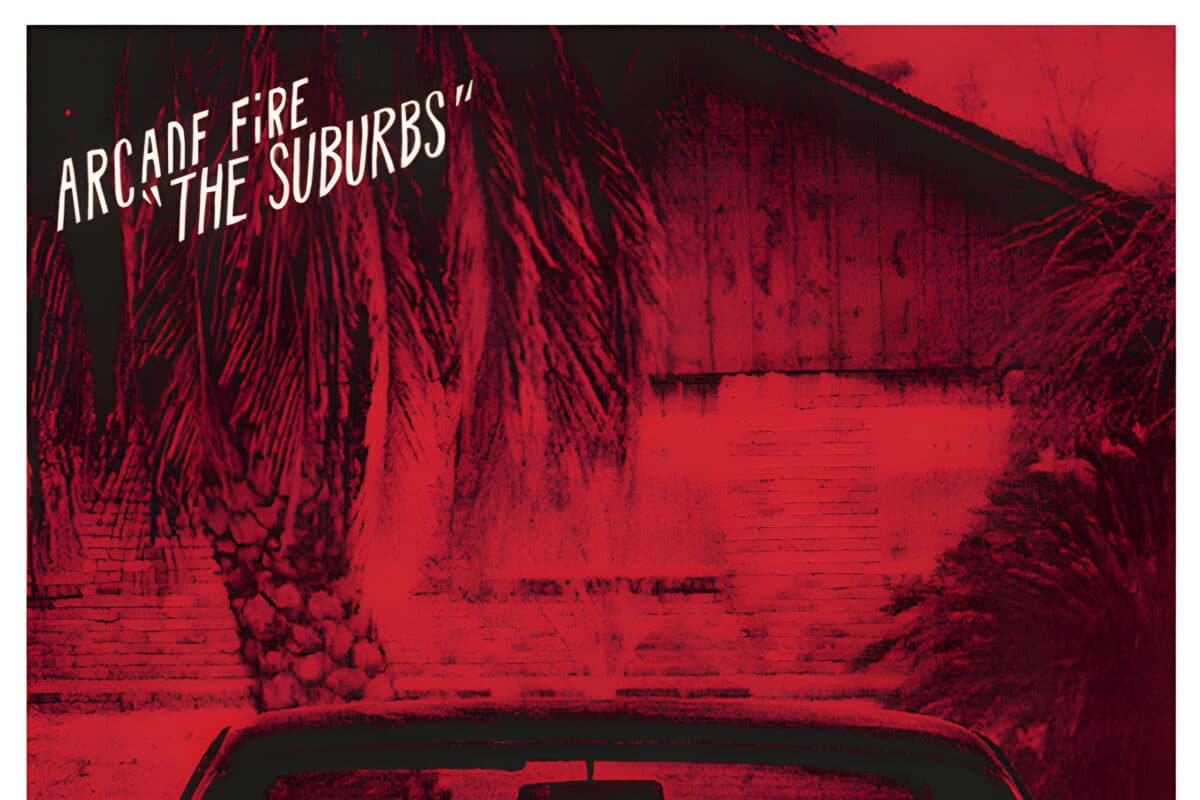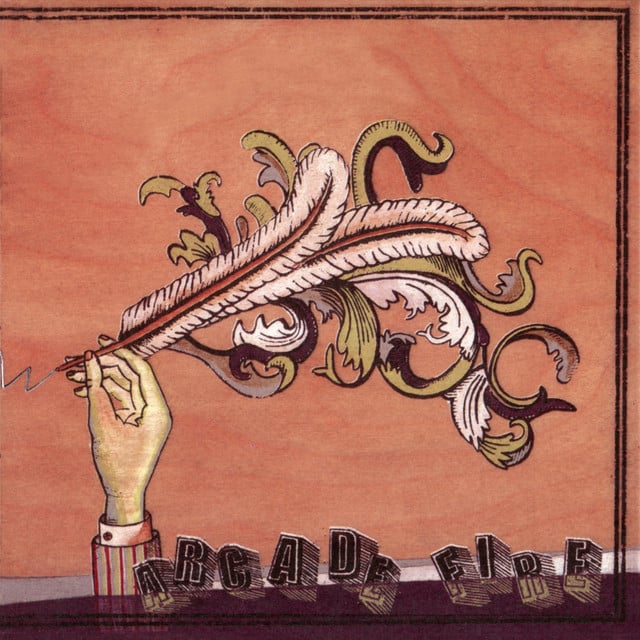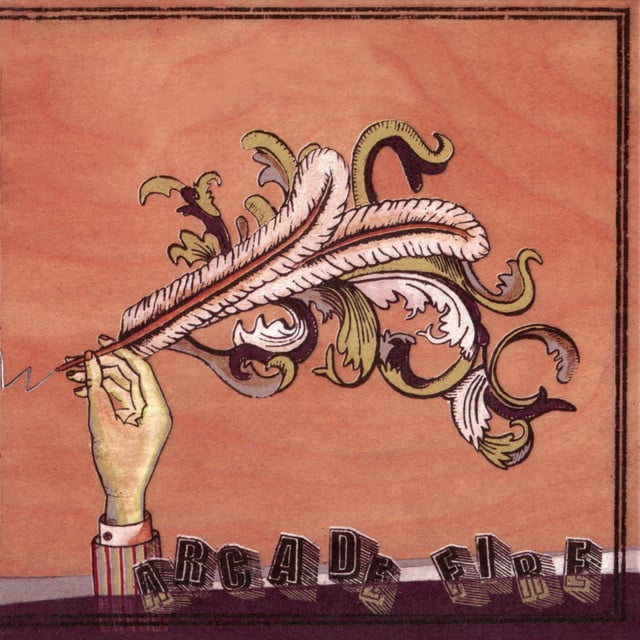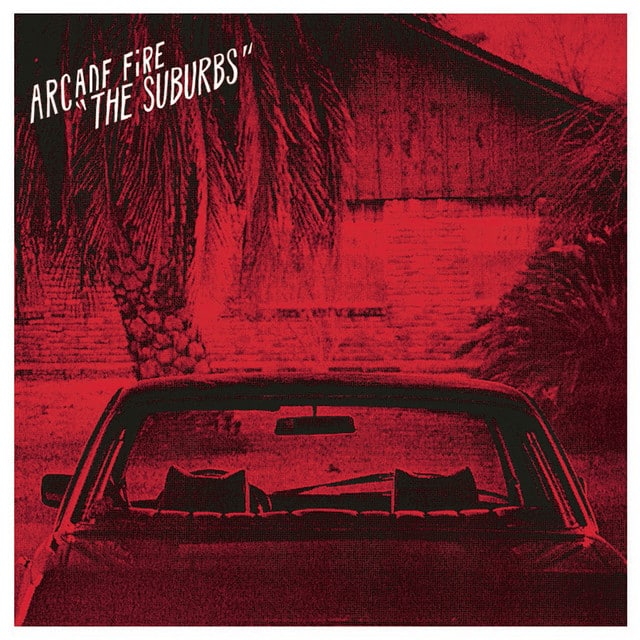Released: 2010
“Ready to Start” by Arcade Fire isn’t just a song; it’s a revelation, a manifesto against complacency and societal pressures. At its heart, it deals with the struggle of breaking free from the expectations set by others—whether that’s the “businessmen” who capitalize on your efforts without understanding your passion or the peer pressure that pushes you to conform. The song is a journey from realization to the decision of starting anew, irrespective of the consequences or the fear of the unknown.
The opening lines, “The businessmen drink my blood / Like the kids in art school said they would,” set the scene of exploitation and disillusionment. Arcade Fire uses vivid imagery to express the feeling of being used, a common fear among creative souls especially, who often worry that their work will be commodified without true appreciation. There’s a nod to the warnings one might receive before entering the “real world”—that it’s ruthless and unforgiving, and this acknowledgment kicks off the narrative of resistance.
“If I was scared, I would” is a recurrent motif that speaks to conditional actions based on emotional states the protagonist knows they don’t actually inhabit. The phrase twists typical expectations by asserting autonomy over fear, boredom, and belonging. Essentially, it’s a declaration of independence: the speaker might follow along if they were scared, bored, or belonging to someone else, but since they’re not, they won’t be swayed.
The line “All the kids have always known / That the emperor wears no clothes” is a direct reference to the famous Hans Christian Andersen fable, which teaches the value of speaking truth to power. This is about the visibility of falsehoods and pretensions in society and the music industry, where illusions are often maintained because the truth is too uncomfortable, or because disillusionment is more intimidating than the warm embrace of ignorance.
Throughout the chorus sections, the singer’s changing mindset—from fear to readiness to start anew—mirrors the journey many undertake in seeking authenticity in their lives and work. Rejecting invitations to go out and pretending to feel alright, the protagonist chooses solitude over feigned happiness, highlighting the emptiness of social rituals devoid of genuine connection or contentment.
The climax, “Now I’m ready to start,” repeated with conviction, marks the pivotal moment of commitment to change. It’s a bold statement of intent to step out of the shadows and into the light, even if it means being wrong or standing alone. This readiness isn’t just about defiance; it’s about embracing vulnerability and the unknown with an “open wide” mind.
The song doesn’t shy away from the uncertainty and fear that come with making such a choice—”Not sure you’ll open the door / To step out into the dark”—yet it concludes on a note of determination. Ready to start, ready to face whatever comes, even if it means stepping into the dark without assurance of what lies beyond.
In essence, “Ready to Start” by Arcade Fire encapsulates the existential struggle against conformity, the desire for authenticity, and the courage it takes to break free from the cycle of expectations. It’s a rallying cry for anyone who’s ever felt suffocated by societal or personal constraints, offering both solace and a spark for change. Musically and lyrically, it’s an anthem for the disenchanted, urging listeners to reclaim their lives and ‘start’ anew, guided by their own definitions of right and wrong, belonging, and purpose.








